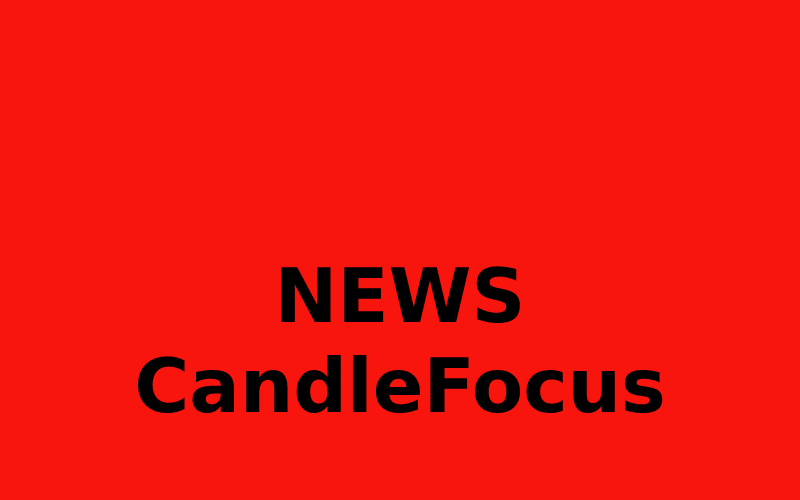Here Is What Happened After Facebook Got “Meta” A Year Ago
Author:
On October 28, 2021, the business changed its name to reflect its growing goals to expand beyond social media and into Web3 and the metaverse.
Over a year has passed since October 28, 2021, when social media juggernaut Facebook changed its name to Meta at the Facebook Connect conference..
The company’s growing aim to move beyond social media and into the world of Web3, crypto, immutable tokens (NFTs), and the metaverse — virtual worlds where customers would spend more time both at work and pleasure — was reflected in the name change.
The business was busy.
In addition to opening Facebook ads for additional cryptocurrency marketing, Meta launched the Horizon Worlds virtual reality social network initiative in December 2021.
There haven’t been any new developments on the project since April 2022, when it was announced that the business was considered a virtual currency called Zuck Bucks that would be used exclusively on the Metaverse.
The business submitted five trademark applications in May for Meta Pay, a platform for processing payments that supports cryptocurrencies and digital assets.
According to a corporate announcement from September 2022, 2.9 billion people will be able to upload their digital collections and NFTs on Facebook and Instagram in 100 different countries by tying their wallets together.
To encourage other businesses to work in virtual settings, Meta and tech giant Microsoft announced a partnership on October 11 that will bring a variety of Microsoft Office 365 products to Meta’s virtual reality (VR) platform.
However, there have been difficulties this year, particularly concerning the company’s plans for the metaverse.
The CEO and creator of Altimeter Capital last week referred to Meta’s $10 to $15 billion yearly investment in metadata as “super-sized and horrible.”
With the stock price plunging 23.6% after the release of Meta’s third-quarter report and Reality Labs, Meta’s division for virtual reality research and development, reporting a total loss of $9.44 billion so far this year, these worries only appear to grow.
Many people may also recall the Meta Eiffel Tower fiasco, in which the CEO Mark Zuckerberg’s avatar was seen posing in front of an artificial Eiffel Tower to tease viewers.
The Wall Street Journal reported on October 15 that the company’s flagship Metaverse was “understaffed” and that it had reduced its monthly active user target for Horizon Worlds by more than half.
In response, Zuckerberg stated that “we’re repeating in the open” and that the social metaverse platform is still in “early release” on his third-quarter earnings call on October 26.
The CEO added, “Frankly, it has a long way to go for it to be what we want it to be. It’s kind of a live early product platform and it’s evolving rapidly.
Zuckerberg stated that “we’re on the right route with these investments” and that the firm “must continue to substantially invest” in these areas. Nevertheless, the internet giant continues to move up to Web3 and other projects, including artificial intelligence.
On October 11, the firm held a virtual event in which it debuted the Meta Quest Pro virtual reality headset in collaboration with Microsoft and a brand-new computer platform from Reality Labs.
The metadatabase is a major focus of Quest Pro. Every year, 200 million individuals purchase new computers, primarily for business purposes.
In the next years, Zuckerberg added, “Our objective for the Quest Pro series is to enable more and more of these folks to achieve better in virtual and mixed reality than they can ultimately do on PCs.”
“These are three of the areas we’re particularly focused on, among the AI discovery engine, our advertisements and business messaging platforms, and our future vision for the metaverse,” he continued.
